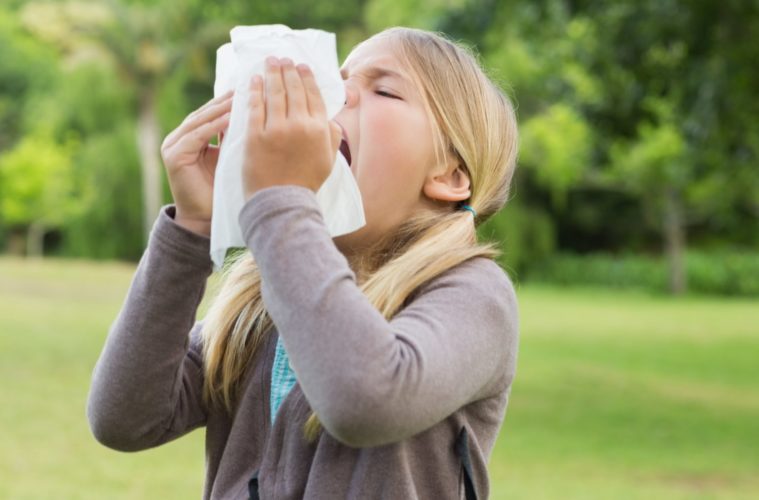RSV, or Respiratory Syncytial Virus, commonly affects people of all ages. In most cases, it results in nothing more than the common cold but still, it should not be treated lightly. Anyone who contracts this common virus runs the risk of experiencing mild to severe symptoms, but it can be especially dangerous for the very young and the very old — sometimes with devastating consequences that can range from a stubborn case of bronchitis to even death.
Tips to prevent RSV in kids and adults
1. Don’t catch a cough or a sneeze with your hands
It is a no-no to use your own hands whenever you cough or sneeze, as the virus would spread onto them. Hands are always used to touch things, so if you are not careful with this, you might be the cause of someone else contracting the virus.
To prevent this from happening, always keep tissues with you. In case you don’t have a tissue handy, catch a cough or sneeze with your elbow. Basically, just avoid using your hands.
2. Always maintain proper hygiene with your hands
With the aforementioned prevention tip, this next one is of utmost importance as well. In the event that you have sneezed or coughed onto your hands, make sure to wash them right away.
This is to prevent you from spreading RSV. On the other hand, if you are not the one who has RSV, then you still need to wash your hands and do it properly.
Our hands touch a lot of surfaces, so it is best to keep them clean at all costs. The best way to ensure that our hands are free of any viruses is to wash them for at least 20 seconds, with soap and water, of course.
3. Avoid coming in contact with items that are possibly tarnished by the virus
Eating utensils, cups, plates, or any item that can be shared with another person should be avoided, especially if it is something that is used by other people in public places, such as cafeteria utensils. The same goes for makeup and other personal items.
Avoiding close contact with people is just as important as avoiding close contact with objects. To prevent being a possible RSV infection, avoid shaking hands and kissing others.
4. Always keep surfaces clean
There is no doubt that surfaces in public places are laced with all kinds of bacteria and viruses, but who says these are only applied to such places? Your very own home is also susceptible to such exposure to contagious viruses.
To prevent RSV, it is important to always keep frequently touched surfaces clean, such as doorknobs, light switches, remotes, tables, and mobile devices.
Reminder for parents who have children that are high risk
While adults know self-control when it comes to keeping their hands off their faces and using their sleeves or tissues to cover their noses and mouths whenever they sneeze and cough, the same cannot be said for children. Kids have the tendency to touch their faces all the time, and it cannot be helped given that their job description is to explore the world around them (and themselves).
As parents, your role is to constantly remind them of the following:
- Tell them to avoid close contact with people who appear to be sick
- Remind them to wash their hands as often as possible and to do it for at least 20 seconds with soap and water
- Remind them to avoid touching their faces, especially with unwashed hands
If you often bring your child to childcare centers, ensure that they do not spend the majority of their days there, especially during RSV season (fall to the end of spring). This is to prevent other kids from contracting RSV too, given that they are high risk individuals for it.
In other words, the steps we took to avoid COVID-19 also serve us well in dodging RSV. Stay healthy and safe!
Advertising disclosure: We may receive compensation for some of the links in our stories. Thank you for supporting LA Weekly and our advertisers.

